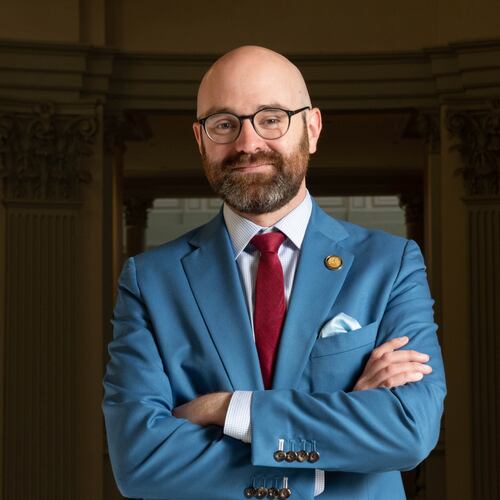Georgia House leaders bent on a high-speed legislative session will put a midyear budget that adds $300 million in new spending up for a vote barely a week after Gov. Nathan Deal released the proposal.
Most new spending in the amended budget, which runs through June 30, will go to pay for school enrollment increases and public health programs. Deal released his budget proposal Jan. 15. The House budget committee approved a slightly edited version Wednesday, and the full chamber will pass it Friday.
Senate leaders said they expect to pass it next week. It will likely get final approval a month before it did last year.
Lawmakers will then take up the $20.8 billion spending plan for the upcoming fiscal year, which starts July 1.
Deal and legislators are speeding up the session because they moved primary elections for state and local races from July to May 20, the earliest date for the contests in Georgia’s recorded history. Deal is running for re-election, as are most of the 236 members of the House and Senate. By law, they can’t raise campaign money while they are in session.
Lawmakers held a few hours of budget hearings last week after Deal released his spending plan. Most years, they hold a week’s worth.
Democrats accused the Republican leadership of putting political fundraising ahead of sound fiscal policy.
“In the past 25 years that I’ve served in the General Assembly, I’ve never seen the budget stampeded like this. Transparency and accountability should be our highest priority; instead, it’s the first victim of the process,” said Sen. Nan Orrock, D-Atlanta.
House Appropriations Chairman Terry England, R-Auburn, said the speeded-up calendar was more a function of Republican leaders deciding to make few changes in Deal’s budget proposal.
“There is no reason for us to get hung up on it,” England said. He noted that lawmakers passed the midyear budget on Feb. 3 during the 1994 session, so early votes have occurred before. Like this year, 1994 was a gubernatorial re-election year. Last year, the midyear budget was approved in March.
About $130 million of the $300 million in new spending will be sent to school districts to pay for increased enrollment, a common use for the midyear budget. Schools with rising enrollment will get more money. Medicaid and PeachCare for Kids health care programs will get a total of an extra $25 million to pay for increased enrollment in those programs.
Other minor increases dot the budget, which will increase overall state spending this year from $19.9 billion to $20.2 billion. Local school systems and governments will get $25 million to reimburse them for property tax money they lose on forest land that is put into conservation. Another $25 million will go to grants and loans to help local communities attract and retain businesses.
About the Author
Keep Reading
The Latest
Featured




